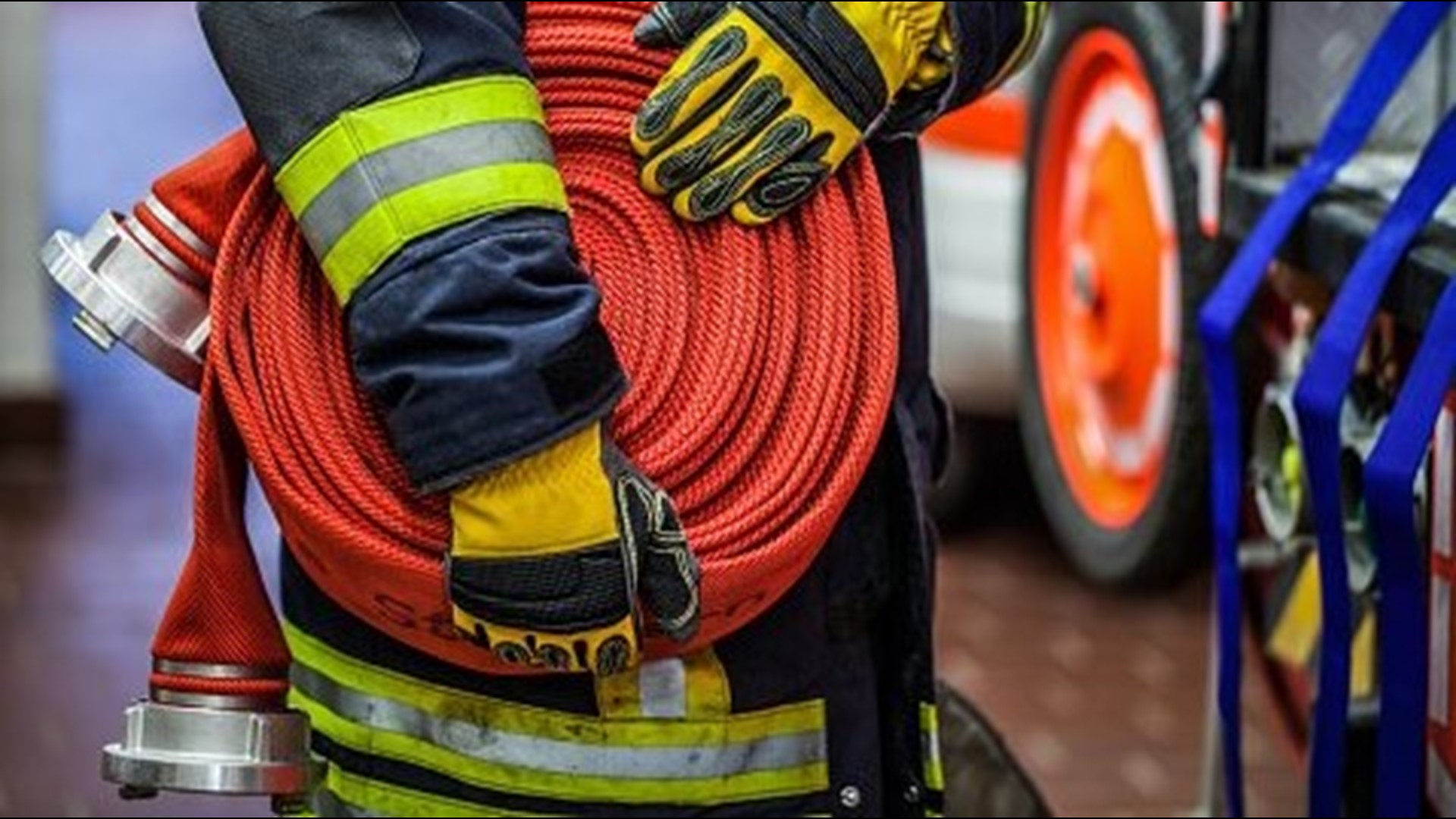TEMPLE, Texas — Post Traumatic Stress Disorder (PTSD) is a mental health condition caused by experiencing a traumatic event and effects both military and civilians alike. According to WebMD, nearly eight percent of adults will develop PTSD at some point in their lives.
Doctor Sam Fiala, an Associate Professor at Texas A&M University Central Texas, said the last 15 months has been hard on a lot of people.
"It's been tough for people who have already been struggling with mental health issues, the added contextual stress that everybody shared was an extra burden," he said.
A new program being rolled out by Temple Fire & Rescue called Critical Incident Stress Management is aimed at giving first responders the tools and skills to assist fellow responders cope and recover from traumatic stress.
"It's not just physical problems, it's not just sleep deprivation and things like that. Behavioral health and mental health is starting to come to the front of it and be included and recognized," said Battalion Chief Ron Stewart.
Fiala said the challenges faced by first responders is enormous.
"First responders face a variety of challenges and they often times have experienced these tense, emotionally discreet events which are incredibly high stress and sometimes one or two events can be enough to lead to PTSD," he said.
The symptoms of PTSD fall into three broad types and can vary from person to person but they are, according to the CDC:
- Symptoms of re-living include flashbacks, nightmares, and extreme emotional and physical reactions to reminders of the event. Emotional reactions can include feeling guilty, extreme fear of harm, and numbing of emotions. Physical reactions can include uncontrollable shaking, chills or heart palpitations, and tension headaches.
- Symptoms of avoidance include staying away from activities, places, thoughts, or feelings related to the trauma or feeling detached or estranged from others.
- Symptoms of increased arousal include being overly alert or easily startled, difficulty sleeping, irritability or outbursts of anger, and lack of concentration.
Chief Stewart said he has witnessed the effects of PTSD firsthand and called the results concerning.
"I've seen a firefighter who has dreamed his whole life to be a firefighter come in and have a call that's very difficult to handle, get out of the fire service and go do something else," he said. "I feel like, in the instance, that we failed this person and I don't want to fail anybody else."
Chief Stewart said the crisis program began to take shape in August 2020 and said what he has witnessed is remarkable and historic. He said the motto of the peer support program is "It's okay to not be okay."
"Right now it just seems that it's the right time and moment in history if you will to put something like this together. They're stopping and listening now more than ever I believe," he said.

